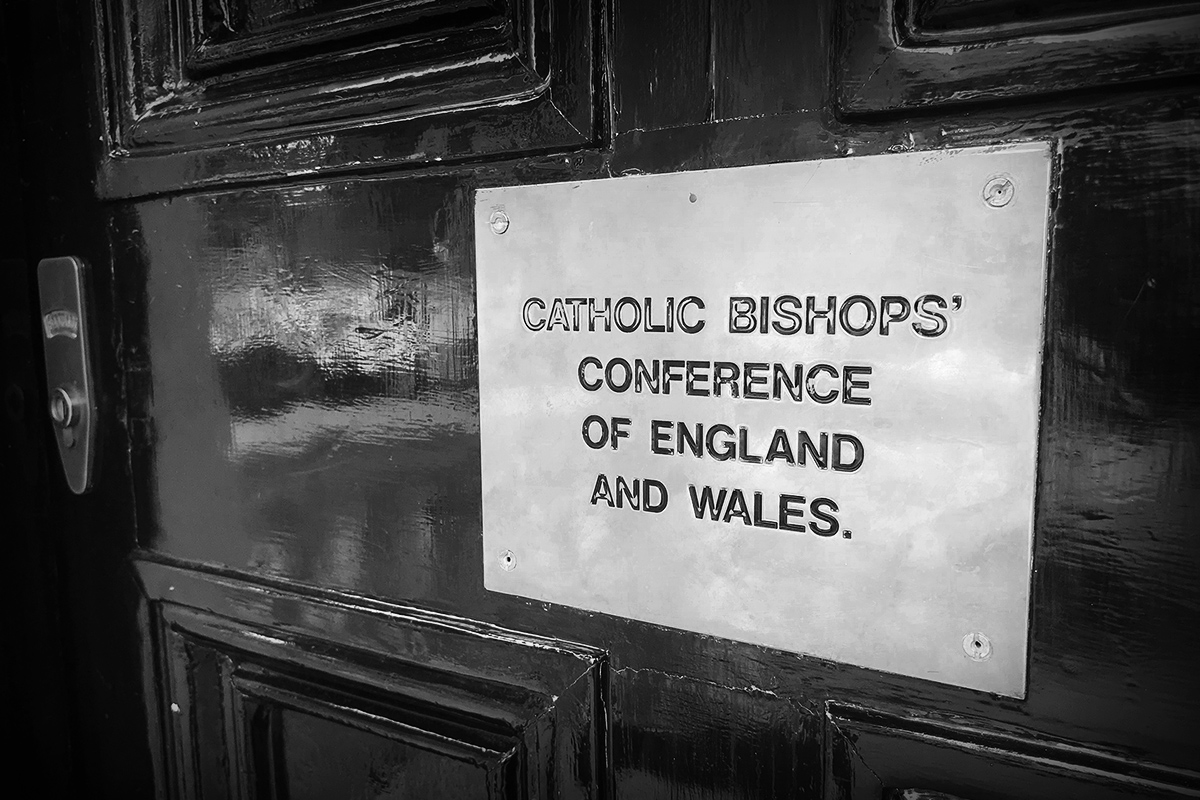
The Prime Minister has recognised the work of the Catholic Church in child protection.
Two Child Protection Co-ordinators, representing the dioceses of England and Wales, were invited to 10 Downing Street on 30 October to meet the Prime Minister as a formal recognition of their work in child protection.
Fr Peter McGuire is the Child Protection Coordinator for the Diocese of Hallam, Mr Keith McDonogh is the Coordinator for the Diocese of Wrexham.
The Prime Minister said:
“The task of protecting our children is vital but also sensitive and, at times, emotionally draining. We owe those who help safeguard vulnerable young people, like Father Peter McGuire and Keith McDonogh, a huge debt of gratitude.”
Director of COPCA, the Catholic Office for the Protection of Children and Vulnerable Adults, Eileen Shearer, said:
“Fr Peter McGuire and Keith McDonogh are members of a very committed and hardworking national group of Child Protection Coordinators which they are representing on this occasion. I am delighted that the work of child protection in the Catholic Church in England and Wales has been recognised through this invitation from the Prime Minister.”
Mr McDonogh said: “It’s good the Church’s action on the protection of children has been recognized by these invitations. I represented all the Child Protection workers in every parish as well as my colleagues on Monday. The timing is good in that it coincides with the review of Nolan.”
Fr McGuire added: “I don’t see it as an honour for me, but rather as a recognition of the work of the Church.”
COPCA the Catholic Office for the Protection of Children and Vulnerable Adults was established by the Catholic Bishops’ Conference of England and Wales in November 2001. It was set up in response to Lord Nolan’s “Programme for Action” an independent review of Child Protection of the Catholic Church in England and Wales.
In January 2002, Lord Nolan’s recommendations were accepted by the Conference and the Conference of Religious. They included the establishment of Child Protection Officers in every diocese and parish in the Catholic Church in England and Wales.
COPCA’s remit is to help the Catholic Church in dioceses and religious congregations to become an example of best practice in Child Protection and to develop ‘a culture of vigilance.’
Its tasks include:
Providing professional Child Protection advice and consultation to the Bishops Conference, the Conference of the Religious and to Child Protection Coordinators and Officers throughout England and Wales on matters related to the protection of children and vulnerable adults, including current policy, best practice and legislative frameworks.
Developing and maintaining links with relevant Government, statutory and voluntary bodies, other Churches, representatives of the Catholic Church in other countries.
Working closely with those within the Church who are responsible for the protection of children and vulnerable adults to develop national policies and procedures that will ensure that a safe environment is created for all children engaged in activities within the Church, and that concerns and allegations are handled appropriately by referral to the statutory authorities, and that the protection of children is held as paramount.Acting as a Registered Body for Criminal Records Bureau (CRB) Disclosures for all who work with children and vulnerable adults, COPCA has also led the development and implementation of a computerised checking system throughout England and Wales, and will in due course develop a national database of relevant information.
Carrying out regular audits of the implementation of policies and procedures in Dioceses and Religious Congregations.
Publishing formal Annual Reports to the Catholic Bishops’ Conference of England and Wales, and to the Conference of Religious on the overall effectiveness of the arrangements for the protection of children & vulnerable adults.
Developing and promoting relevant materials to raise awareness of the protection of children and vulnerable adults.
Developing and making available information on resources for treatment and assessment
Developing training strategies and development opportunities in relation to the protection of children & vulnerable adults.